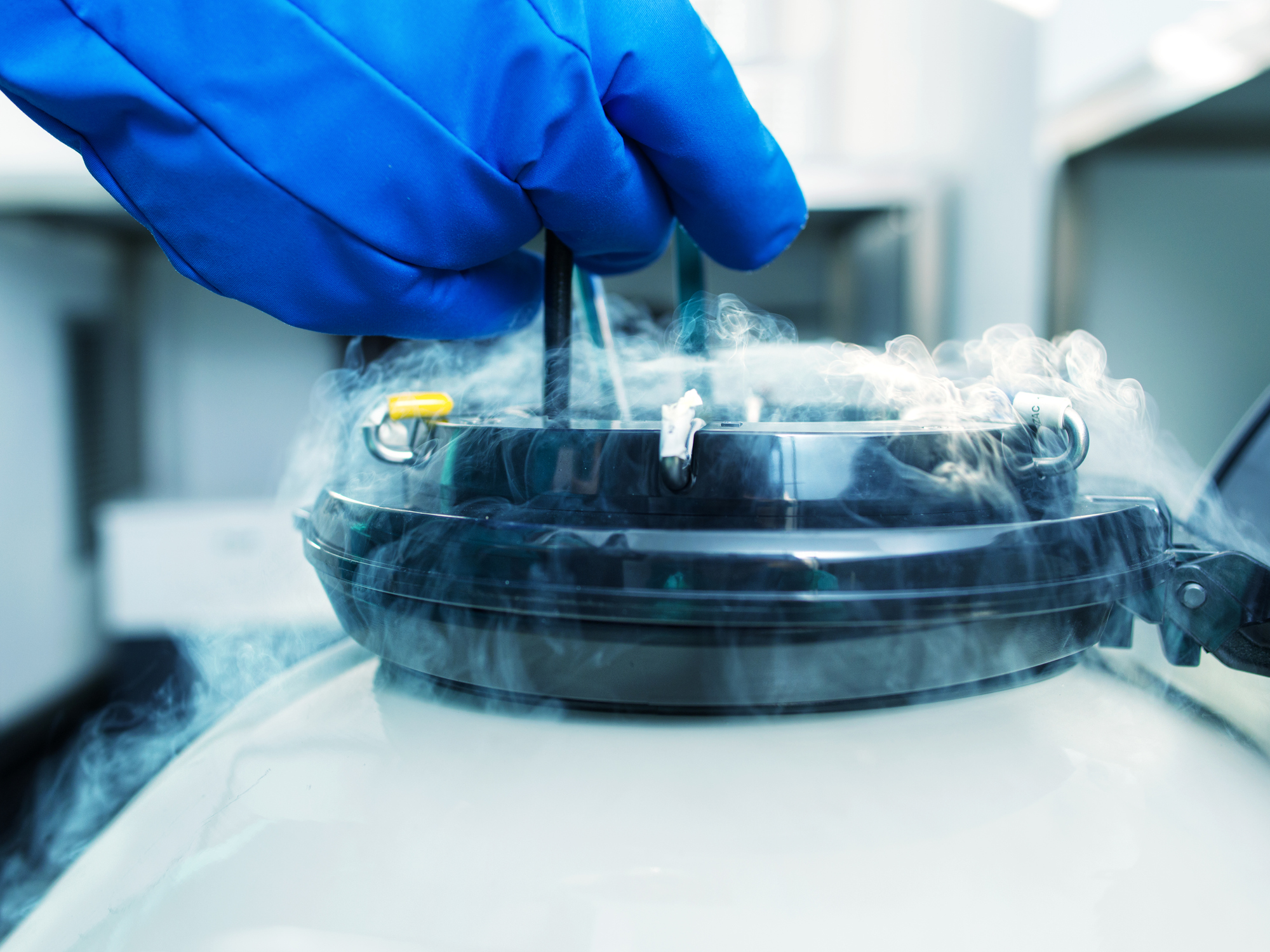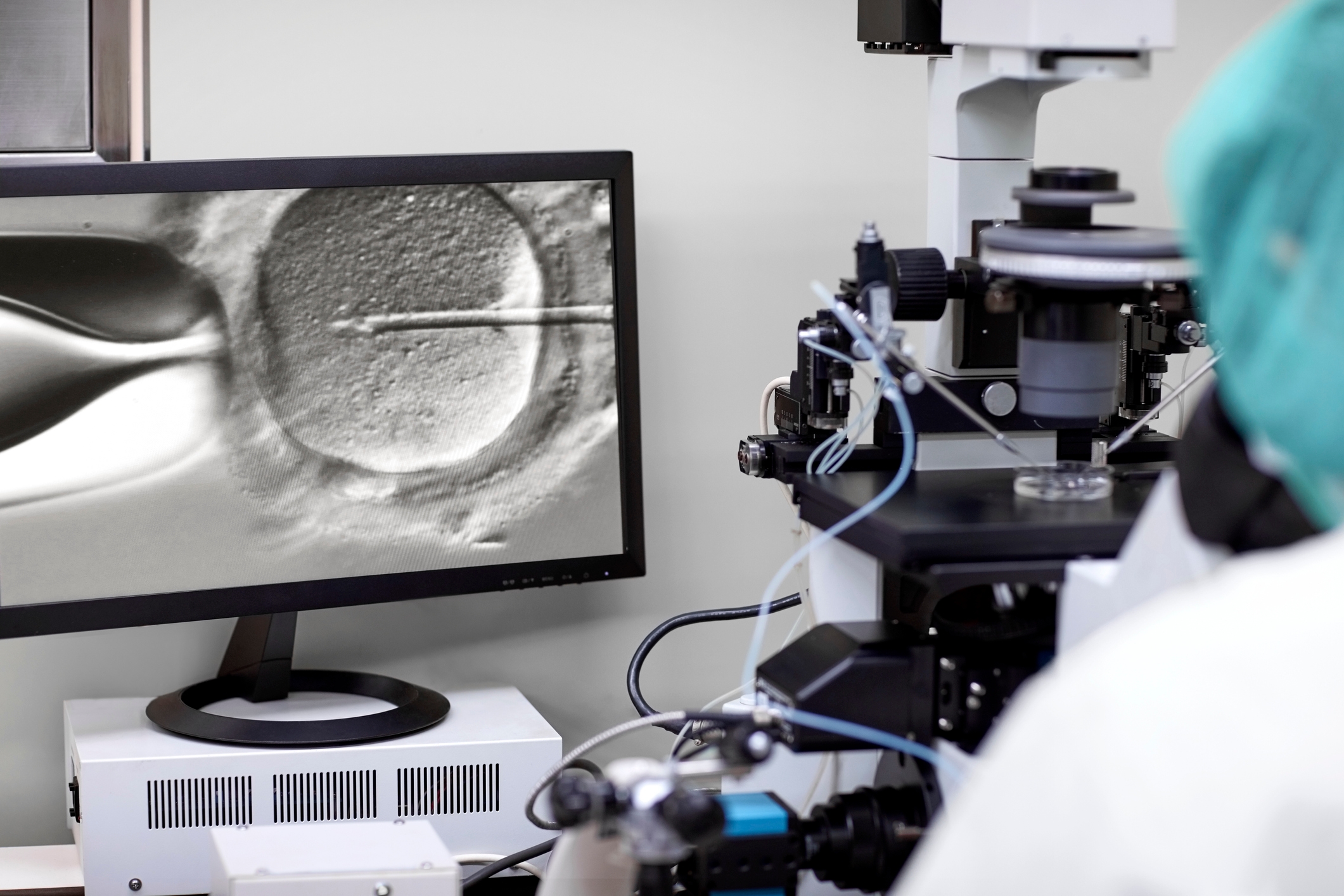When it comes to fertility, age plays a significant role. Whether you’re in your 20s, 30s, or 40s, understanding how your age affects your chances of conception can help you make informed decisions. Here’s what you need to know about fertility at different stages of life:
.jpg?branch=production)
Fertility in your 20s: Peak reproductive years
1) Optimal fertility window
Your 20s represent the prime of your reproductive health:
- Monthly conception rate is approximately 20-25%1
- Larger reserve of high-quality eggs
- Highest chance of natural pregnancy
- Reduced risk of fertility issues and pregnancy complications
2) Impact of lifestyle on fertility
Choices made in your 20s can significantly influence long-term fertility:
- Maintain a fertility-boosting diet rich in antioxidants and essential nutrients
- Avoid smoking and limit alcohol to protect egg quality
- Engage in regular exercise to support hormonal balance
- Manage stress through techniques like yoga or meditation
- Maintain a healthy BMI for optimal reproductive function
These habits not only enhance current well-being but also help preserve future fertility potential.
Learn more about lifestyle changes affecting your fertility here.
3) Planning for future fertility
Even if pregnancy isn't an immediate goal, consider:
- Understanding your menstrual cycle and ovulation patterns
- Regular check-ups with a gynaecologist
- Discussing fertility preservation options like egg freezing
Remember, while your 20s offer peak fertility, individual experiences may vary. If you have concerns about your reproductive health, consult a gynaecologist or fertility specialist.
Fertility in your 30s: Understanding and managing the biological clock
1) Gradual fertility decline
As you enter your 30s, reproductive potential begins to change:
Fertility starts to decrease, with a more significant drop after 35. At age 35, the monthly chance decreases to less than 15%1.
Monthly conception rate decreases from about 20% to around 5% by age 401.
Age-related fertility decline affects both natural conception and assisted reproductive technologies
2) Impact on egg quality and quantity
Natural biological processes affect your ovarian reserve:
Women are born with a finite number of eggs
Egg quantity and quality decrease over time
Rapid decline occurs between ages 33-42
Lower fertility rates and increased miscarriage risk
3) Fertility preservation options
If you're not ready for pregnancy, consider:
Egg freezing to preserve younger, healthier eggs
Embryo freezing if you have a partner
Regular fertility check-ups to monitor ovarian reserve
Discussing family planning with a gynaecologist or fertility specialist
4) Optimising fertility in your 30s
Enhance your chances of conception by:
Maintaining a fertility-friendly lifestyle
Understanding your menstrual cycle and ovulation
Considering fertility supplements under medical guidance
Not delaying seeking help if struggling to conceive
Remember, while fertility declines in your 30s, many women still conceive naturally. If you have concerns, consult a fertility specialist for personalised advice.
For more information on fertility preservation and other fertility treatments, read our comprehensive guide here.

Fertility in your 40s: Navigating reproductive challenges
1) Significantly reduced conception rates
Fertility declines sharply in your 40s:
Monthly natural conception rate drops to about 5% at age 401
Chance of pregnancy decreases to less than 5% after age 451
Diminished ovarian reserve affects both egg quantity and quality
Age-related infertility becomes a primary concern
2) Increased pregnancy risks
Reproductive challenges in your 40s include:
Miscarriage rates increase to around 50% for women over 402
Higher risk of chromosomal abnormalities in eggs
Increased likelihood of pregnancy complications
Greater chance of gestational diabetes and preeclampsia
3) Assisted reproductive technologies (ART)
Fertility treatments become more relevant:
In vitro fertilization (IVF) may be recommended
Donor egg IVF can significantly improve success rates
Previously frozen eggs may enhance pregnancy chances
Preimplantation genetic testing (PGT) can screen embryos for chromosomal abnormalities
4) Optimising fertility in your 40s
Strategies to enhance reproductive potential:
Consult a fertility specialist early
Consider comprehensive fertility testing
Maintain a healthy BMI and fertility-friendly lifestyle
Discuss the use of fertility supplements with your doctor
5) Alternative family-building options
Explore various paths to parenthood:
Adoption as a fulfilling alternative
Remember, while conceiving in your 40s presents challenges, it's not impossible. Many women successfully become mothers during this decade with proper medical support and intervention.
For more information on fertility preservation and other fertility treatments, read our comprehensive guide here.

Your fertility journey is unique
It's important to note that the above are average statistics, and individual fertility can vary. Factors like overall health and any underlying fertility issues also play a role beyond just age.
Regardless of your age or stage in life, our team at Thomson Medical is here to provide personalised guidance and support for your unique fertility journey.
For expert advice tailored to your needs, contact us to schedule a consultation today.
Sources
- 1Age-Related Fertility Decline
- 2Role of maternal age and pregnancy history in risk of miscarriage: prospective register based study
For more information, contact us:
Thomson Fertility Centre
- Paragon: +65 6252 7766
Thomson Specialists (Women's Health)
- Paragon (female doctor): +65 6735 0300
- Woodleigh: +65 8684 0153
Thomson Women's Clinic
- Bukit Batok: +65 6569 0668
- Choa Chu Kang: +65 6893 1227
- Jurong: +65 6262 8588
- Punggol: +65 6243 6843
- Sembawang: +65 6753 5228
- Sengkang: +65 6388 8125
- Serangoon (female doctor): +65 6382 3313
- Tampines: +65 6857 6266
- Tiong Bahru: +65 6276 1525
